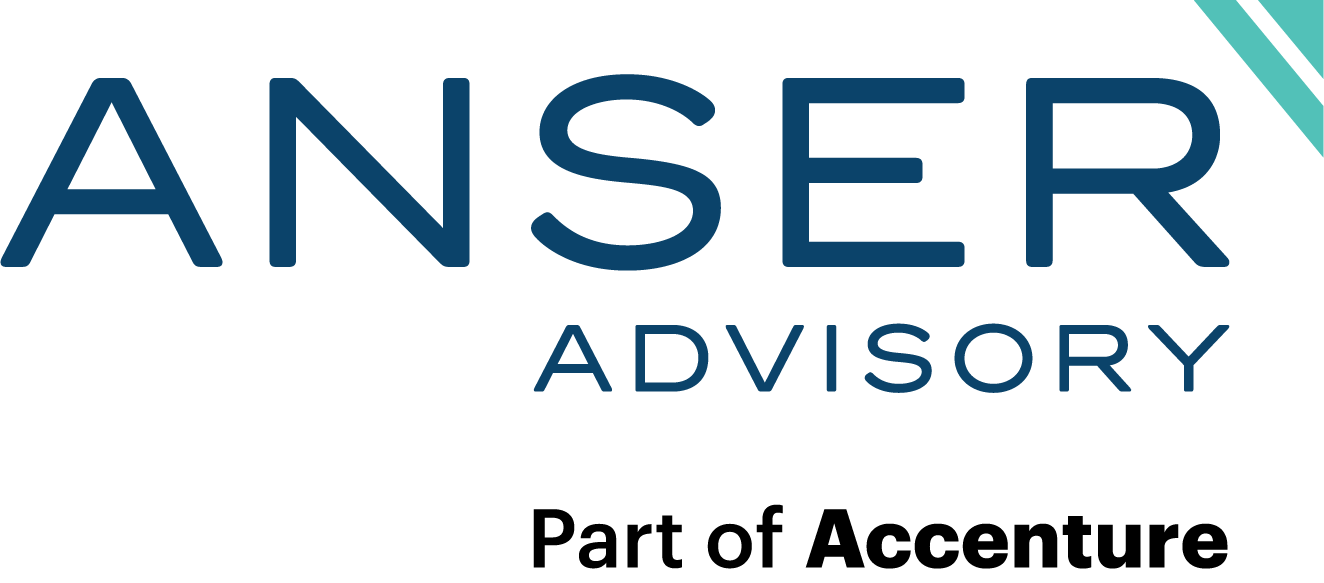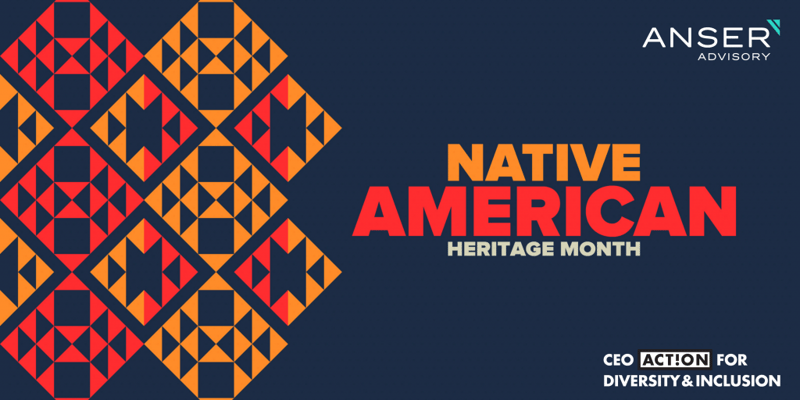We’re proud to honor the diverse culture, history, and tradition of Native Americans.
National American Indian Heritage Month
The month of November is recognized as National American Indian Heritage Month and is also referred to as Native American Heritage Month. This celebration originated in 1986 as “American Indian Week” after Congress passed a law authorizing and requesting the President to proclaim the week of November 23th – November 30th as such. This continued each year until 1990 when Congress updated the law to include the full month of November, which is the “National American Indian Heritage Month” or “Native American Heritage Month” we celebrate today. This holiday serves as a time to celebrate and honor the culture, heritage, history, and contributions of the original inhabitants of the United States. Associated Recognitions: Indigenous People’s Day (or Native American Day) is celebrated on October 11, 2021, or the second Monday of October each year. This holiday originated in the late 1980s as an alternative to Columbus Day, which typically occurs on the same day, to recognize and acknowledge the role that Native Americans have played in American history. It came to be largely due to the civil rights efforts of Native Americans, not unlike the civil rights efforts of the Black community. Since then, only some cities, states, and universities have officially recognized the holiday, although there has been greatly increased adoption in the last decade or so.
Self Reflection Questions:
- What comes to mind when you think about Native American culture, heritage, history, and contributions?
- Why is Indigenous People’s Day an important distinction from Columbus Day?
- How can we continue to lift up and learn from those with Native American heritage year-round?


